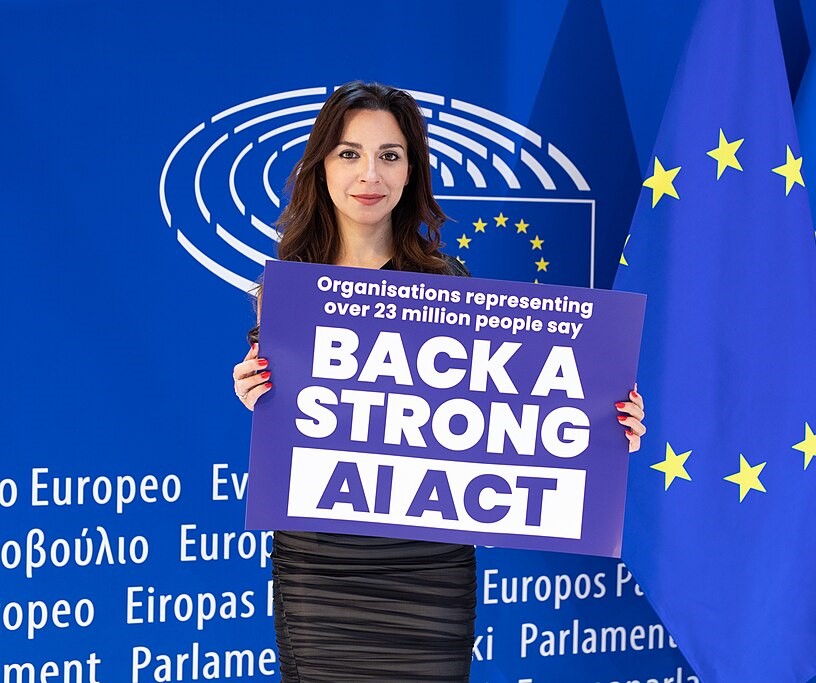On February 2, 2024, the European Union (EU) policymakers reached a provisional agreement on the final text of the Artificial Intelligence Act (AI Act), marking a historic moment for AI regulation in Europe.
The AI Act is set to become one of the world's first comprehensive attempts to regulate the use of AI, aiming to ensure that AI systems placed on the European market and used in the EU are safe and respect fundamental rights, democracy, and environmental sustainability.
The agreement on the AI Act will have significant implications for the development of AI systems in the EU. It establishes rules and obligations for AI based on its potential risks and level of impact.
For high-risk AI systems, the AI Act includes mandatory fundamental rights impact assessment and other requirements. The AI Act also prohibits AI systems that pose an "unacceptable risk" from being deployed in the European Union and regulates the deployment of foundation models.
Companies are advised to conduct risk assessments, audit the development and use of AI within their organization and supply chains, and identify relevant AI risk owners and internal governance teams to ensure compliance with the AI Act.
The long road to the EU AI Act started in early 2021, with multiple drafts passing between the EU's three political arms. The AI Act is the fifth pillar of EU legislation and will work with the Digital Services Act, Data Governance Act, and Data Act.
After the formal adoption of the AI Act, companies failing to adhere to the law could face penalties of up to 7% of global turnover or 35 million euros, whichever is highest.
The AI Act is set to enter into force twenty days after publication in the Official Journal of the European Union and become effective twenty-four months later. The Act is a visionary move that transposes European values to a new era, focusing regulation on identifiable risks. It is also the world's first comprehensive AI law, setting a precedent similar to the impact of the General Data Protection Regulation (GDPR) on data and a significant step towards creating a global AI landscape that is ethical, safe, and trustworthy, aligning with the EU's coordinated plan on artificial intelligence.
The Act awaits formal adoption by both the European Parliament and Council before it becomes EU law, and companies are advised to prepare for its implementation by conducting risk assessments and ensuring compliance with the new regulations
A broad coalition of creatives supports the Act
A wide range of European cultural and creative organizations are welcoming the European Union's approval of new legislation aimed at regulating artificial intelligence and protecting content creators. Over 200 European publishing houses, writers' groups and creative unions had lobbied in favour of the law responding to the rapid advances in the generative models that have allowed content to be used illegally for training without permission or payment.
The Federation of European Publishers praised the Act, saying transparency obligations will help enforce copyright and develop partnerships. Individual artists and photographer organizations also endorsed the rules, arguing they balance innovation with legal protections. European publishers now foresee new licensing opportunities between content owners and AI companies. They say the EU's leadership on this issue positions the bloc to set a global ethical standard as AI becomes more widely adopted.
The
International Federation of the Phonographic Industry (IFPI), representing record companies, and societies like SACEM in France and GEMA in Germany signed a letter backing the AI Act. In the letter, the groups call on EU member states to approve the law, which aims to ensure the ethical development of AI and prevent illegal practices. They say the rules will help creators enforce their rights and encourage new partnerships between content owners and AI companies. Failure to pass the AI Act could undermine copyright and stall innovation, according to music organizations.








